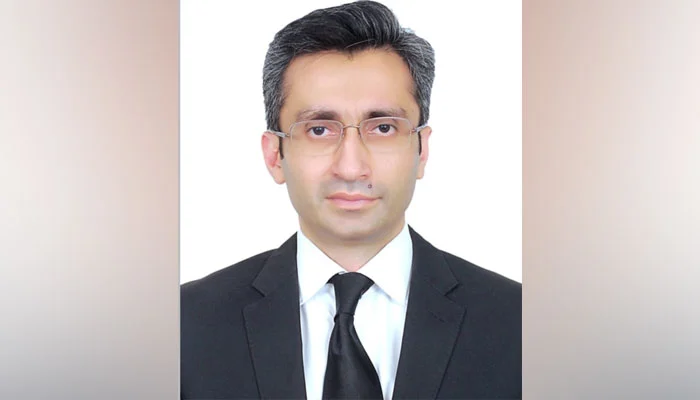Pakistan
Barrister Shehzad Ata Elahi resigns as attorney general for Pakistan

Latest News
Rainfall throughout the night stops flights in Lahore.
Latest News
Changes to Pakistan’s Test team could be significant for the Bangladesh series.
Latest News
PM Meets With KP Lawmakers: Promises Progression and Relief Efforts in Province
-

 Latest News3 days ago
Latest News3 days agoFederal Cabinet once again postpones decision on PTI suspension and Article 6 action against Imran and Alvi
-

 Latest News3 days ago
Latest News3 days ago52 districts in Pakistan have 52 cases of the polio virus.
-

 Latest News3 days ago
Latest News3 days agoThe 10th Executive Committee Meeting of SIFC examines the role of provinces in bringing in foreign investment.
-

 Latest News3 days ago
Latest News3 days agoCabinet will probably decide today whether to ban PTI: Fawad ChaudhryCabinet will probably decide today whether to ban PTI: Fawad Chaudhry
-

 Latest News3 days ago
Latest News3 days agoElection Amendment Act Case Heard by IHC; Response Requested From Law Ministry, ECP Within Ten Days
-

 Entertainment3 days ago
Entertainment3 days agoA glimpse of Sania Mirza’s relaxed moments
-

 Latest News3 days ago
Latest News3 days agoPakistan has advanced to the Women’s Asia Cup 2024 semifinals.
-

 Latest News3 days ago
Latest News3 days agoThe PM expresses gratitude for the Beijing Declaration for the Palestine Interim Government.
























